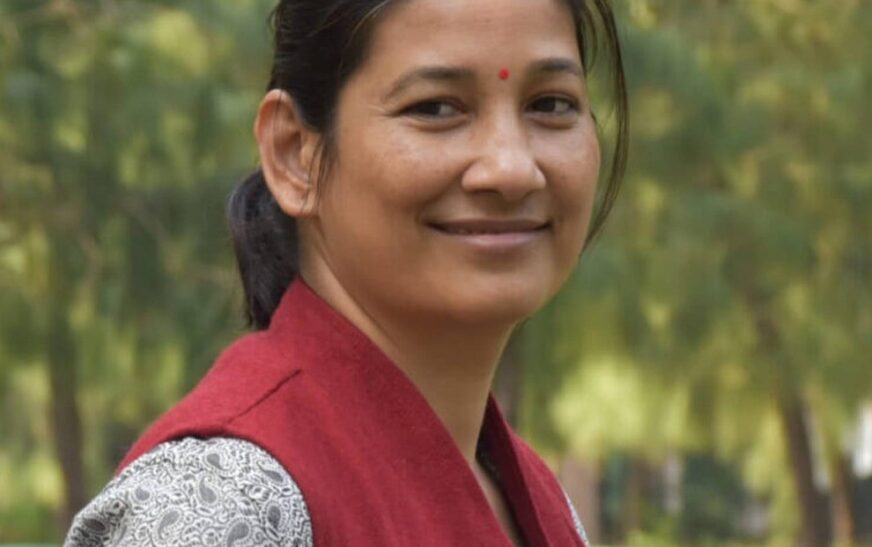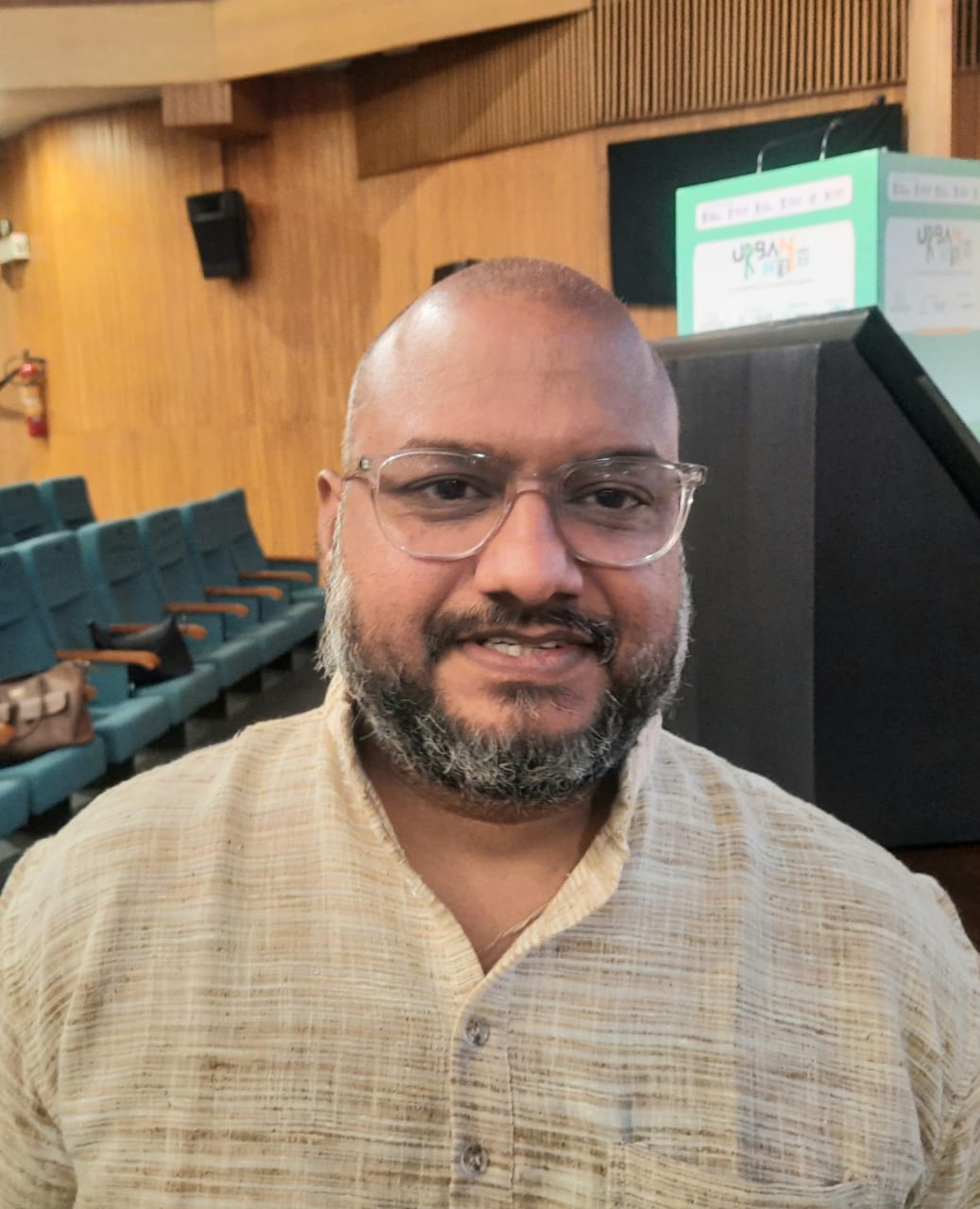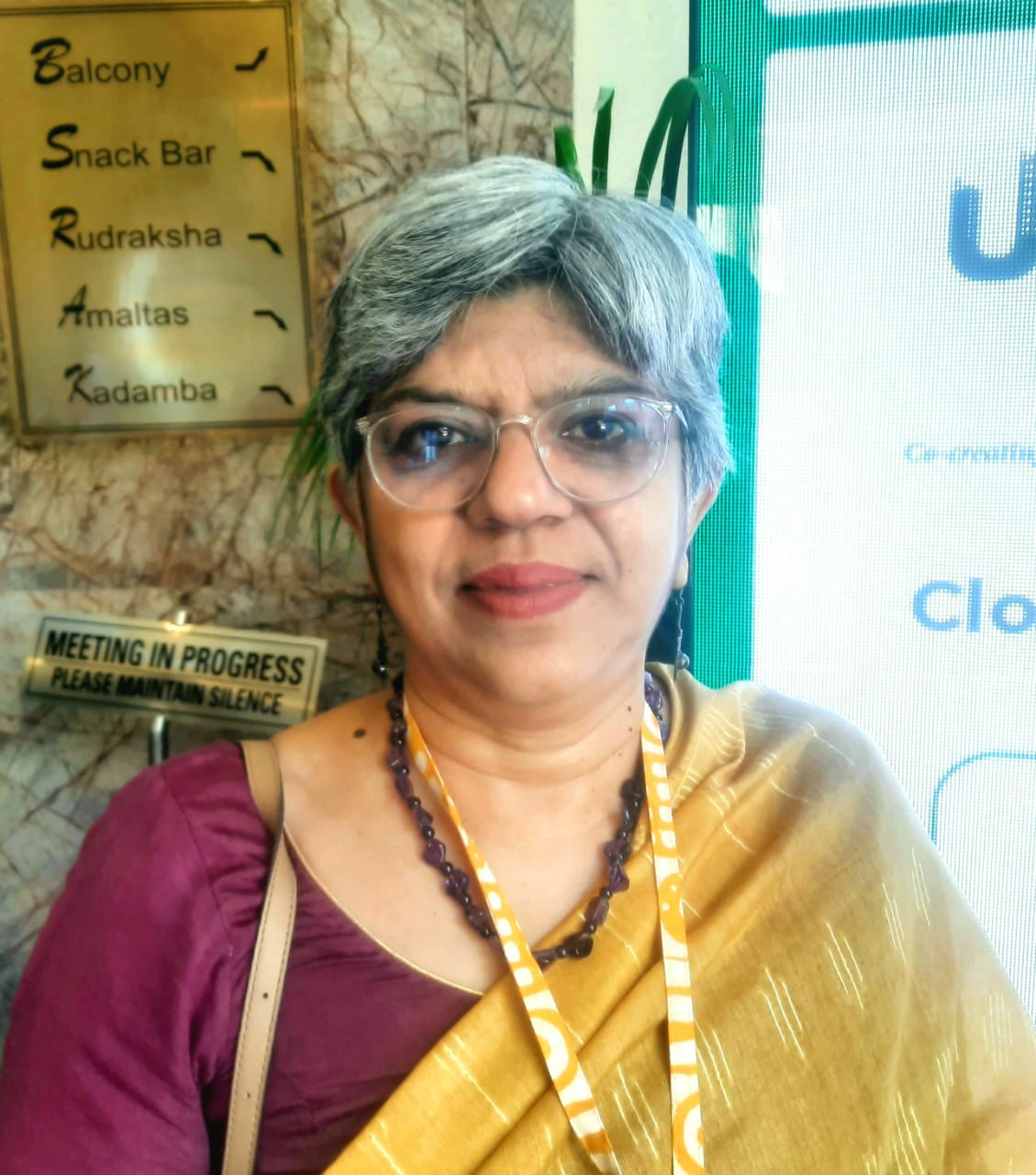The Climate Agenda, through its flagship initiative Harit Safar, is set to host a Regional Convention on “Decarbonizing Urban Mobility” in Varanasi. This pivotal event is structured around four core objectives. First, it seeks to drive regional collaboration among stakeholders from Uttar Pradesh, Bihar, Jharkhand, and Madhya Pradesh, addressing urban mobility challenges in the Indo-Gangetic Plain—a region severely impacted by air pollution and greenhouse gas emissions. Next, it aims to align with government initiatives like the Smart City Mission and FAME, promoting electric bus adoption and enhancing public transport networks.
Third, the convention emphasizes the need for increased public investment in green mobility solutions to reduce emissions. To this end, it will feature sessions designed to empower civic leaders and researchers in grassroots advocacy for sustainable transport. Finally, the event will see the launch of the Sustainable Urban Mobility Collective, fostering collaboration and shared learning to build cleaner, more sustainable cities. The overarching mission of The Climate Agenda is to bridge grassroots efforts with national policy frameworks, with a focus on inclusivity, public health, and sustainable livelihoods in the fight against climate change.
In an exclusive conversation with The Interview World, Ekta Shekhar, Founding Director of The Climate Agenda, delves into the strategic goals of the Regional Convention on “Decarbonizing Urban Mobility: Collaborating for a Sustainable and Inclusive Future” in Varanasi. She discusses the organization’s plan to raise awareness on this critical issue at both state and national levels. Ekta also shares specific examples of how their initiatives integrate gender, livelihoods, and public health into the broader climate action narrative. Here are the key insights from her compelling conversation.
Q: Harit Safar an initiative of The Climate Agenda is hosting the Regional Convention on “Decarbonizing Urban Mobility: Collaborating for a Sustainable and Inclusive Future” at Varanasi. What key objectives do you intend to achieve through such conventions?
A: Through this regional convention, The Climate Agenda aims to achieve three critical objectives:
Foster Regional Collaboration: Bring together key stakeholders from Uttar Pradesh, Bihar, Jharkhand, and Madhya Pradesh to tackle the pressing issues of urban mobility in the Indo-Gangetic Plain. This region faces significant vulnerability to air pollution and greenhouse gas emissions, demanding urgent and coordinated action.
Support Government Initiatives: Recognize the impactful efforts of the Smart City Mission, the Ministry of Housing and Urban Affairs, and the state governments in enhancing public transport systems and promoting electric buses through the FAME initiative. The convention aims to amplify these initiatives, accelerating the adoption of electric vehicles in urban public transport fleets.
Promote Green Mobility: Advocate for increased public investment in green mobility solutions, underscoring the region’s vast potential for reducing greenhouse gas emissions. Knowledge-building sessions at the convention will equip civic leaders and researchers with the tools to drive grassroots advocacy for sustainable urban transport systems.
Launch a Collective Network: In response to the severe air quality crisis in the Indo-Gangetic Plain, the convention will establish the Sustainable Urban Mobility Collective. This unified platform will foster collaboration, encourage shared learning, and support coordinated climate action, driving progress toward cleaner, greener cities.
Q: Climate change is the most pressing issue in recent times. How is The Climate Agenda planning to sensitize this issue across the states and the centre?
A: The Climate Agenda (TCA) tackles climate change with a strategic approach that bridges grassroots efforts and national advocacy. We emphasize the interconnectedness of climate challenges and focus on creating platforms for collective action. In regions like Uttar Pradesh, Bihar, Jharkhand, and Madhya Pradesh—areas critically affected by air pollution and greenhouse gas emissions—we engage local stakeholders to align grassroots solutions with national climate objectives. Initiatives like Harit Safar bring together civil society organizations (CSOs), subject matter experts, and researchers to promote sustainable practices and advance advocacy for green mobility and clean air.
At the national level, we collaborate with initiatives such as the National Clean Air Program (NCAP) and FAME, advocating for the electrification of public transport fleets and increased investments in green mobility. Our goal is to partner with the government in achieving its Net Zero targets by linking local insights to broader policy frameworks. By presenting evidence-based recommendations, we make a compelling case for sustainable urban development that prioritizes clean air, emission reductions, and public health.
We are also dedicated to fostering collaboration. Through initiatives like the Sustainable Urban Mobility Collective (SUMC) and our coalition of over 350 CSOs, we amplify local voices and build networks for climate action. These platforms create opportunities for states and organizations to exchange knowledge, develop solutions, and advocate collectively for transformative change. Ultimately, The Climate Agenda’s work bridges the gaps—between grassroots and policy, awareness and action—ensuring that climate solutions are inclusive, impactful, and scalable.
Q: Your work has expanded across various regions in India. What challenges did you face when scaling your efforts to new geographies, and how did you overcome them?
A: Expanding our work into new regions has presented both opportunities and challenges. The Climate Agenda was founded by individuals with deep roots in social movements, committed to the principles of equity, equality, and freedom. These values have shaped our approach, enabling us to navigate diverse socio-political and environmental landscapes effectively. Building trust and fostering collaborative relationships have been essential in ensuring that our efforts resonate locally while addressing broader climate issues.
One significant challenge has been resource limitations. The scope of our initiatives often exceeds the available financial and technical support. Nevertheless, we remain resolute in our commitment to climate action, understanding that it is a collective endeavor. We are part of a larger movement and trust that others will join us in contributing to the mission.
Our focus on equity and inclusivity has been crucial in addressing the intersectional nature of climate change. By amplifying marginalized voices and advocating for solutions that prioritize their needs, we ensure our initiatives are both effective and just. While challenges persist, our unwavering dedication to collaboration and fairness continues to guide our efforts as we scale our work across India.
Q: Multi-stakeholder engagement is a core strategy for your organization. How do you ensure effective collaboration between diverse stakeholders like government bodies, civil society organizations, and local communities?
A: At The Climate Agenda, we understand that climate change affects everyone, irrespective of their profession or background. This universal challenge compels a collective sense of responsibility, with each individual and group offering unique solutions for mitigating or adapting to its impact. Our approach focuses on creating platforms where these diverse ideas can be heard, explored, and collaboratively implemented. By fostering shared ownership, we strengthen our connections with stakeholders and ensure that everyone feels valued and invested in the success of our campaigns.
Our team’s strong ties to the communities we serve enable us to build trust and cultivate meaningful partnerships. This trust is vital for effective collaboration among government bodies, civil society organizations, and local communities. Given the complex, interdependent nature of climate change, collective action is essential. Working in isolation is no longer an option; solutions demand a multi-stakeholder approach to prevent unintended consequences that could deepen socio-economic challenges. By uniting all sectors, we aim to create inclusive, comprehensive solutions that not only address climate issues but also promote resilience and equity for all.
Q: Your organization has a focus on gender, livelihood, and public health in addressing climate change. Could you share some specific examples of how your initiatives support these aspects in the context of climate action?
A: The complex nature of climate change demands an integrated approach that addresses its intersections with gender, livelihood, and public health. By examining climate issues through these lenses, we not only gain clarity on the challenges but also uncover opportunities for inclusive, impactful action.
Research paints a stark picture of this intersectionality. Credible reports forecast a 24% rise in domestic violence in India by 2040, driven by climate-induced depression and hypertension. Similarly, the decline in agricultural productivity in states like Uttar Pradesh and Bihar, once bastions of agrarian economies, has created severe livelihood challenges. Air pollution, another urgent issue, continues to claim countless lives across India, as numerous studies confirm. These examples highlight the far-reaching impacts of climate change on people’s lives, reinforcing the need for a human-centric response.
At The Climate Agenda, our campaigns reflect this vision. For instance, while promoting Distributed Renewable Energy (DRE) solutions, we focused on implementing solar energy in government hospitals across Uttar Pradesh. This initiative supported India’s Nationally Determined Contributions (NDCs) and ensured a reliable power supply, improving healthcare delivery in regions suffering from frequent outages. Similarly, the adoption of solar pumps by farmers’ cooperatives has reduced reliance on diesel, lowered operational costs, and boosted profitability, providing a sustainable livelihood solution.
These initiatives demonstrate that by placing gender, livelihood, and public health at the core of climate action, we not only maximize the multidimensional benefits but also encourage greater community involvement, fostering meaningful and lasting change.









